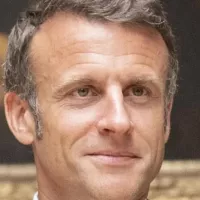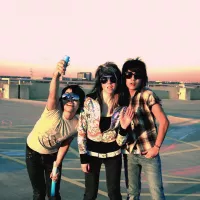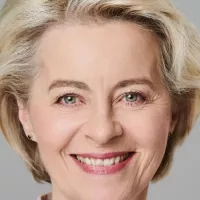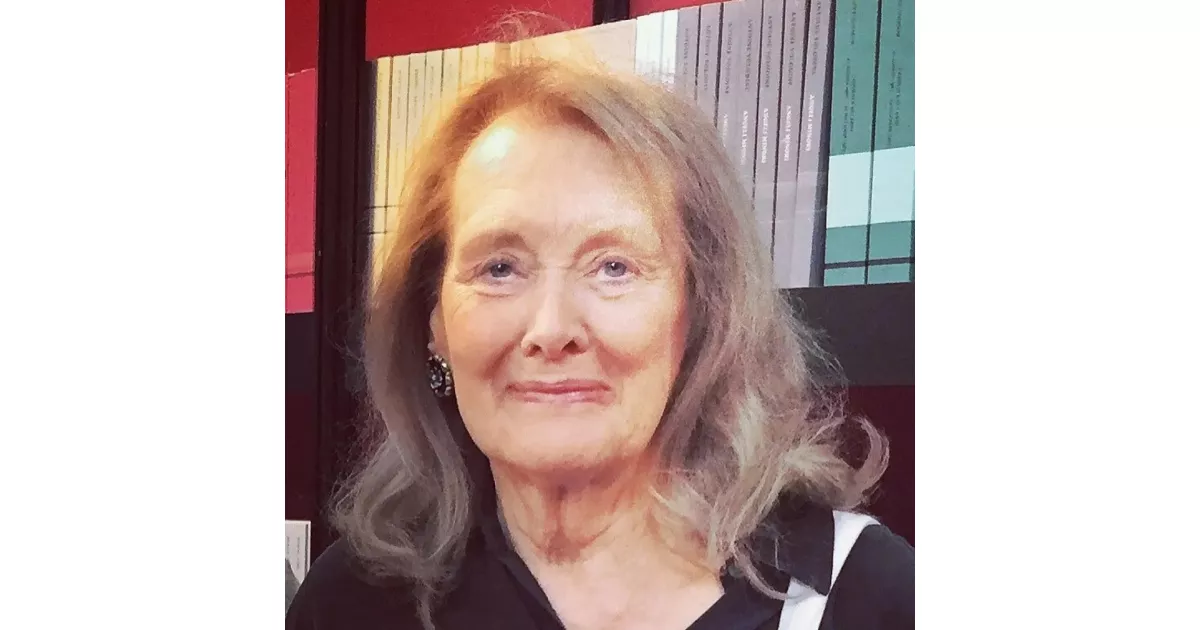Annie Thérèse Blanche Ernaux is a French writer who received the 2022 Nobel Prize in Literature for her courageous and clinically acute exploration of the roots, estrangements, and collective restraints of personal memory. Her literary work is predominantly autobiographical and has strong connections to sociology.
September 1940: Birth of Annie Ernaux
Annie Ernaux was born in Lillebonne, Normandy, France in September 1940.
1960: Work as an Au Pair in London
In 1960, Ernaux traveled to London, England, and worked as an au pair, an experience she would later chronicle in her 2016 book "A Girl's Story."
1964: Birth of Son, Éric
Ernaux's son, Éric, was born in 1964.
1968: Birth of Son, David
Ernaux's son, David, was born in 1968.
1971: Completion of Higher Degree
Ernaux earned a higher degree in modern literature in 1971.
1974: Literary Debut with "Cleaned Out"
Annie Ernaux commenced her literary journey in 1974 with the publication of her debut autobiographical novel, "Cleaned Out (Les Armoires vides)".
1981: Divorce from Philippe Ernaux
Ernaux and Philippe Ernaux divorced in 1981.
1982: Support for the Release of Georges Abdallah
Ernaux signed a letter advocating for the release of Georges Abdallah, who was sentenced to life imprisonment in 1982 for assassinating an American military attaché and an Israeli diplomat.
1984: Winning the Renaudot Prize
In 1984, Ernaux won the prestigious Renaudot Prize for her autobiographical novel "La Place (A Man's Place)", exploring her relationship with her father and her upbringing.
1998: Recognition for "Shame"
Ernaux's novel "Shame" was recognized as a Publishers Weekly Best Book of 1998.
1999: Critical Acclaim for "I Remain in Darkness"
"I Remain in Darkness" was named a Top Memoir of 1999 by The Washington Post.
2008: Publication of "The Years" and Critical Acclaim
Ernaux published her acclaimed historical memoir "The Years (Les Années)" in 2008, which garnered significant praise from French critics and is widely regarded as her magnum opus.
2008: Inclusion in Top Ten Books by More Magazine
Ernaux's novel "The Possession" was featured in the Top Ten Books of 2008 by More magazine.
2009: Winning the Télégramme Readers Prize
"The Years" won the Télégramme Readers Prize in 2009.
2012: Political Support for Jean-Luc Mélenchon
Ernaux showed her support for Jean-Luc Mélenchon in the 2012 French presidential election.
2016: Winning the Strega European Prize
"The Years" was awarded the Strega European Prize in 2016.
2016: Publication of "A Girl's Story"
In 2016, Ernaux published "A Girl's Story (Mémoire de fille)", reflecting on her experiences as an au pair in London during the 1960s.
2018: Support for the Yellow Vests Protests
Ernaux expressed her support for the Yellow Vests protests in 2018.
2019: Call to Boycott Eurovision Song Contest in Israel
Ernaux signed a letter urging a French state-owned broadcasting network not to broadcast the Eurovision Song Contest held in Israel in 2019.
2019: International Booker Prize Shortlist and Warwick Prize Win
In 2019, "The Years" was shortlisted for the International Booker Prize and won the Warwick Prize for Women in Translation, marking a significant increase in Ernaux's popularity in the anglophone world.
2021: Criticism of Israel Following Operation Guardian of the Walls
Following Operation Guardian of the Walls in 2021, Ernaux signed a letter labeling Israel an apartheid state and criticizing the characterization of the conflict as a war between equals.
October 2022: Nobel Prize in Literature and Recognition from French President
In October 2022, Annie Ernaux was awarded the Nobel Prize in Literature, becoming the 16th French writer and the first French woman to receive this honor. French President Emmanuel Macron praised her as the "voice of the freedom of women and of the forgotten."
2022: Nobel Prize in Literature
In 2022, Annie Ernaux was awarded the Nobel Prize in Literature for her courageous and insightful exploration of personal memory.
Mentioned in this timeline
France officially the French Republic is primarily located in Western...

Emmanuel Macron is the current President of France and Co-Prince...

Books are a means of storing information as text or...
Israel located in the Southern Levant region of West Asia...

War is defined as an armed conflict involving the organized...
England a constituent country of the United Kingdom occupies roughly...
Trending
8 months ago Maldives bans Israelis in solidarity with Palestinians amid Gaza conflict escalation.

3 months ago Brock Bowers' Injury Concerns: Raiders' Crosby Also Added to Injury Report

2 months ago Edison Upgrades South Pasadena Electrical Grid Amidst Storm Recovery, Lifting Evacuation Orders

John Stamos is an American actor and musician who rose to fame as Blackie Parrish on General Hospital earning a...

8 months ago Austin Hays emerges as a top Fantasy Baseball Waiver Wire pickup.

1 month ago Maxxine Dupri, assisted by AJ Lee, dethrones Becky Lynch for Intercontinental Title on Raw!
Popular

Tucker Carlson is an American conservative political commentator known for...

XXXTentacion born Jahseh Dwayne Ricardo Onfroy was a controversial yet...

Ben Shapiro is a prominent American conservative political commentator media...

Candace Owens is an American conservative political commentator and author...

William Franklin Graham III commonly known as Franklin Graham is...

Ursula Gertrud von der Leyen is a prominent German politician...
